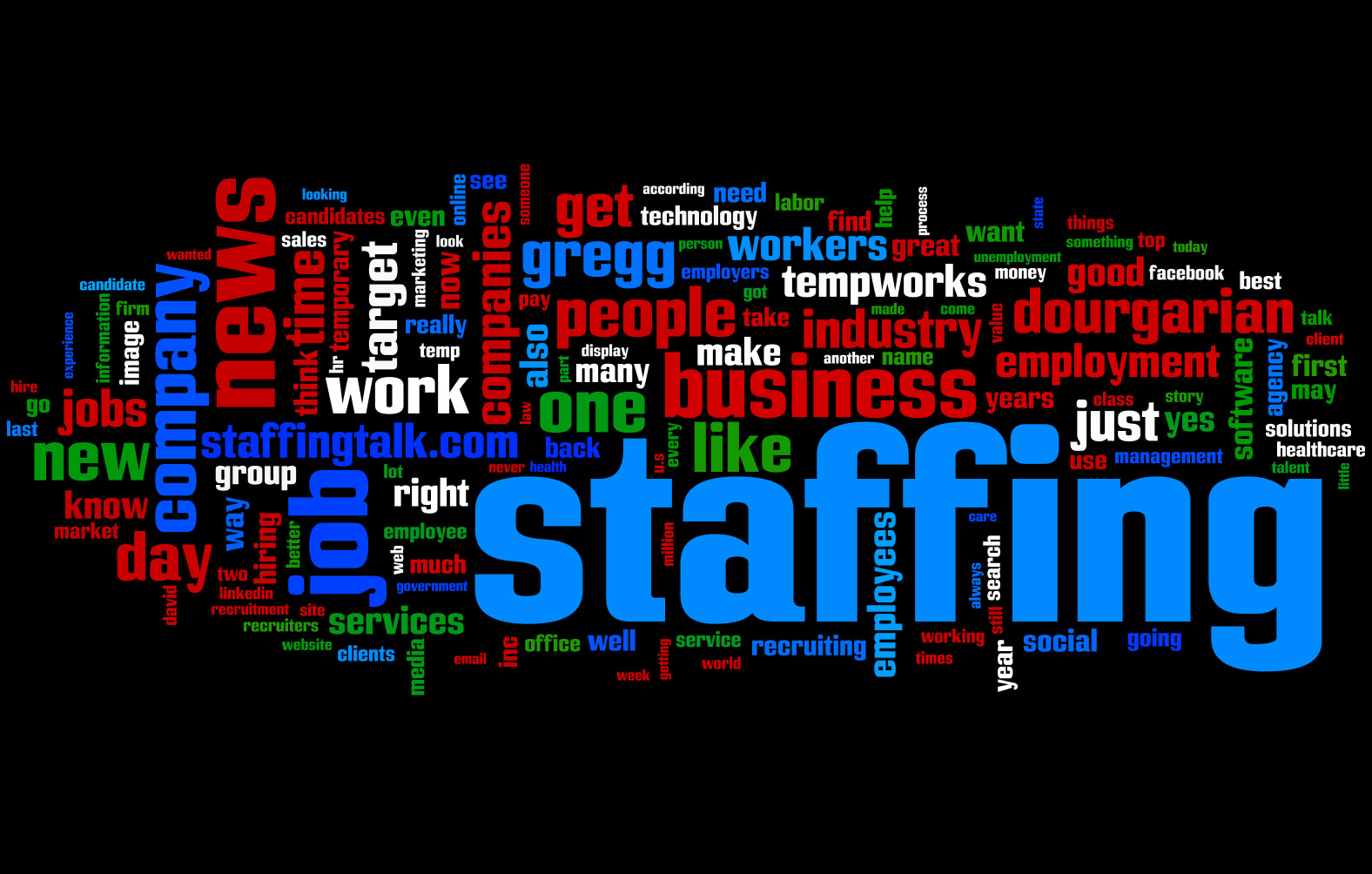Amazon entered the tablet market with a splash today, introducing three new versions of the Kindle book reader as well as their long-rumored tablet, which they have dubbed the Kindle Fire.
Fire has a lot to recommend it — fast processor, small form factor, and plans for a slew of media applications to be ready when the first units ship in six weeks. It also has a market-beating price, starting at $199.
But is this the long-fabled iPad killer that will overwhelm the tablet market and take dominant market share. In the word of the immortal John Wayne, “Not hardly.”
The Kindle Fire will give the Nook Color a run for its money, and will likely capture the low end of the tablet market — kids who want to browse Facebook, for example, or people who really only want to read and watch movies. The price alone should give them this market segment.
But for more serious tablet users, we should not that there are some serious reasons for business users to give this a pass. For one thing, it is built on the same hardware as the disastrous Blackberry Playbook. And it uses a highly-modified Android 2.3 operating system, which makes it great for playing Amazon.com services but lousy at running many Android apps. It’s not just that the operating system is an antique in the tablet market. It’s that the core of the system has been re-jiggered for Amazon’s uses.
There are other problems, including the relatively anemic 8 Gb of storage, and the 512 K of ram. The lack of external storage (other than in the cloud, and good luck if you are not near a wifi hotspot). Finally, there are a lot of capabilities that are simply not know at this point, like GPS support, USB ports and the like.
Don’t get me wrong, for its purpose this may in fact be an excellent investment. I would buy one for the tweenie grandchild, and maybe for the hardcore readers in the family. It certainly beats shelling out $500 for a tablet with a crippled bookreader.
But there is a word of caution for Amazon in what has gone before, with the failures by HP and RIM. If you over-hype — something Amazon is already engaging in — you risk building expectations that the device and its services cannot meet.
You risk the wrath of consumers.
Thanks for reading CPA Practice Advisor!
Subscribe Already registered? Log In
Need more information? Read the FAQs




